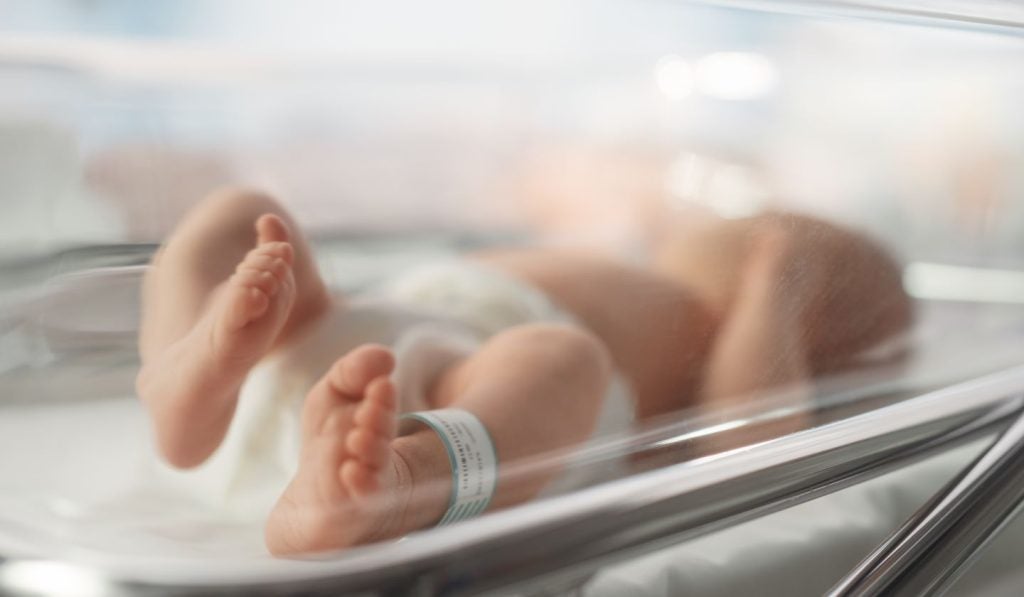iECURE has received the Medicines & Healthcare Products Regulatory Agency (MHRA) approval for its clinical trial authorisation application (CTA) to expand the Phase I/II OTC-HOPE clinical trial of its investigational gene editing-based therapy ECUR-506 in the UK.
ECUR-506 is aimed at treating ornithine transcarbamylase (OTC) deficiency in infants.
The first-in-human clinical trial of ECUR-506 will enrol baby boys with genetically confirmed OTC deficiency and assess up to two dose levels of the gene therapy.
Baby boys aged from 24 hours to seven months with severe neonatal onset OTC deficiency and meeting specific criteria will be part of the study.
The primary goal of the trial is to evaluate the tolerability and safety of ECUR-506 following a single intravenous dose.
Assessing the pharmacokinetics and efficacy of the treatment are the trial’s secondary objectives.
Apart from the primary and secondary objectives, the trial will explore disease-specific biological markers, developmental milestones, and quality of life as exploratory endpoints.
The MHRA approval follows clearance from the Australian Therapeutic Goods Administration (TGA) to commence the OTC-HOPE study in the country.
ECUR-506 consists of two vectors: an ARCUS nuclease vector designed for targeted gene editing within the PCSK9 gene locus and a donor vector that introduces the functional OTC gene.
iECURE obtained the licence for the ARCUS nuclease, which facilitates the insertion of a functional copy of the OTC gene for the treatment of OTC deficiency, from Precision BioSciences in 2021.
The cut in the PCSK9 site is the insertion point for the OTC gene, potentially leading to the permanent expression of a healthy gene.
iECURE CEO Joe Truitt said: “ECUR-506 is the first ever clinical meganuclease-based gene insertion programme, and as we continue progressing ECUR-506 towards first-in-human dosing, we are assured by the confidence instilled in this programme by both the MHRA and the TGA.
“Throughout 2024, we will continue to be in close contact with other regulatory bodies as we seek to expand the OTC-HOPE study into additional geographies. We are in the process of ensuring sites are prepared to enrol patients and anticipate site initiations in the upcoming months.”









